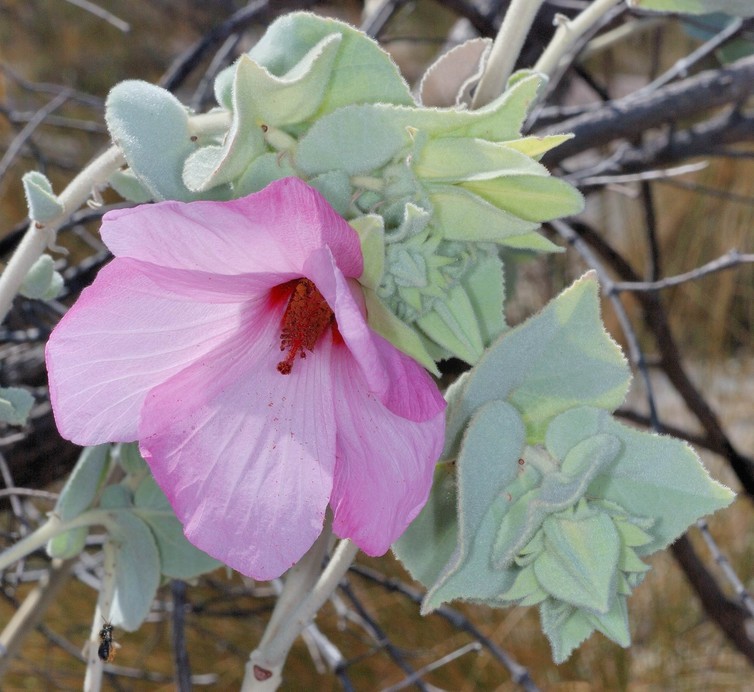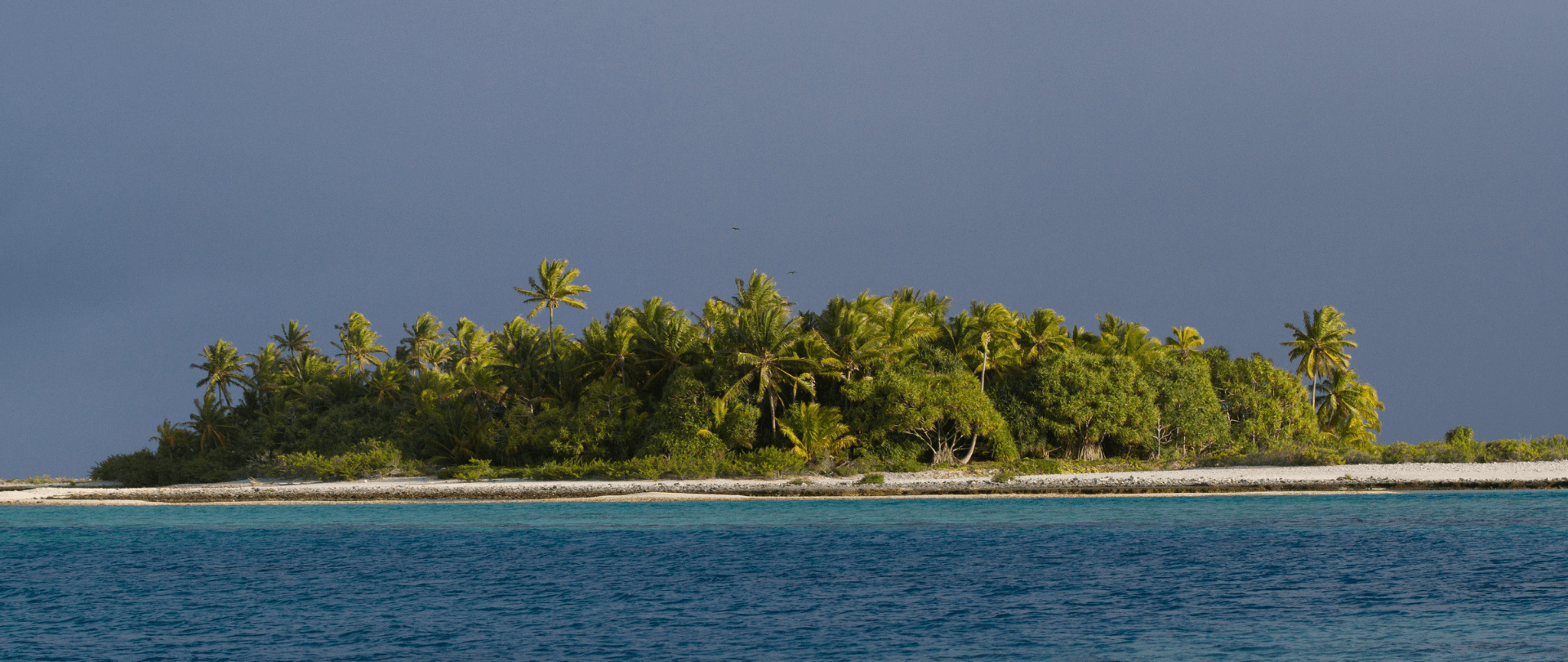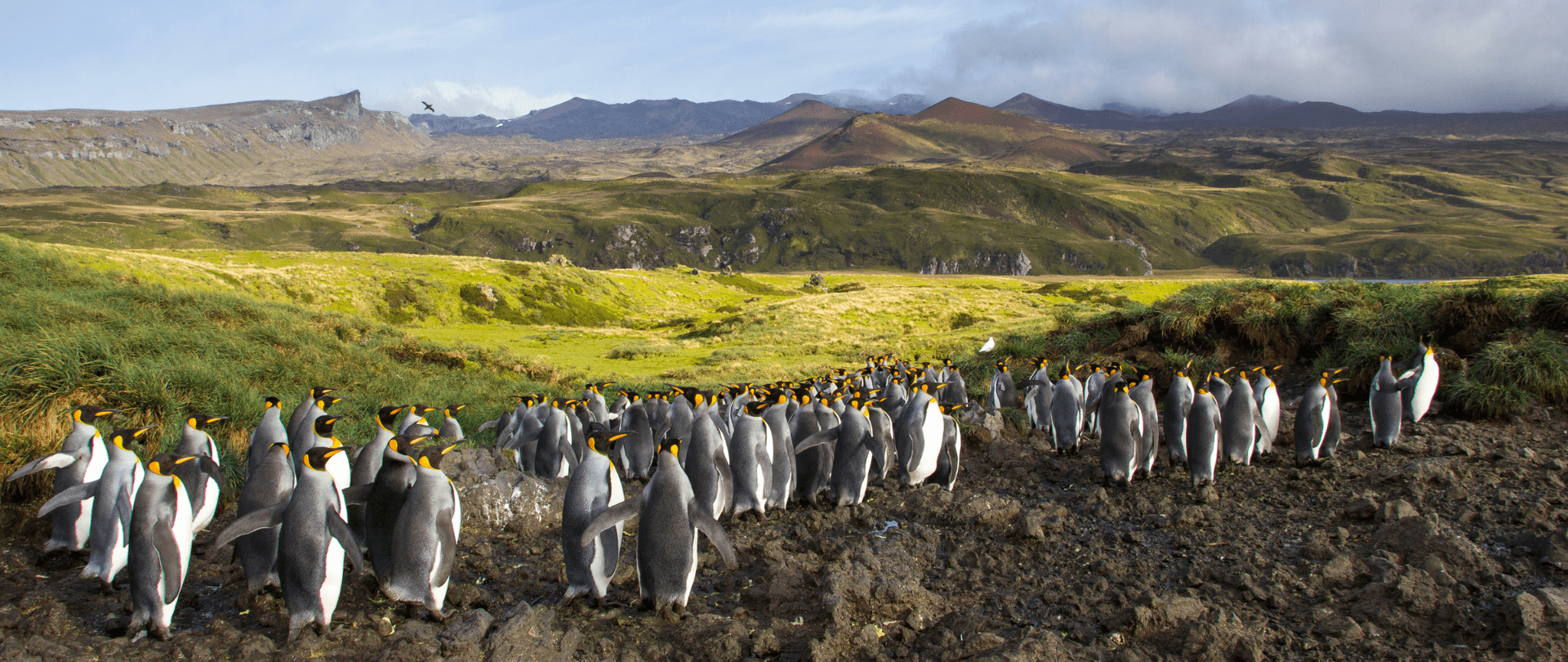The Ebiil Society: Champions of Palau
Ann Singeo, founder of our partner organization the Ebiil Society, shares her vision for a thriving Palau and a flourishing world of indigenous science!
Our new online shop is live!
Published on
December 15, 2016
Written by
Emily Heber
Photo credit
Emily Heber

National Parks in Australia are working hard to combat invasive species that threaten endemic plants.
Australia’s native species face a number of threats–including fires, habitat loss, and invasive species. These have led to dramatic declines in populations of both flora and fauna. Celmatis dubia and Acacia equisetifolia, for example, are both at risk of extinction. These are only two of many threatened plant species that are endemic to Australia.
These threats have led the national parks to evaluate the best ways to prevent the extinction of native flora. A recent study examined 41 endangered or significant plant species to understand their threats and noted:
We found that many of these species don’t occur outside national parks, meaning the parks play a huge role in their conservation. Few of these species have been secured in living plant collections or seed banks, and very few are regularly monitored in the wild.
Clematis dubia lives in small and isolated populations that are threatened by invasive plants, but beyond this very little is known about the species. Currently, only 15 mature plants of the species have refuge in the Norfolk Island National Park. Although being within the limits of a national park does not guarantee survival, such protection does make a difference and is one of the many steps the park is taking to protect the species.

The park is working to preserve these populations by weeding the invasive guava plants that are currently out-competing populations outside the park. Recent surveys of the species’ ideal habitat have uncovered 33 more plants of both juvenile and mature Clematis dubia. Researchers feel it is critical to actively protect these populations and to study the species more in order to better understand protection efforts.
Clematis dubia is not the only Australian plant at risk of extinction; Acacia equisetifolia, also known as the Graveside Gorge wattle, is a Critically Endangered species found in the Kakadu National Park. Much like Clematis dubia, this species has a very small population of only a few thousand plants within the park and very little is known about their biology.
These parks are working to preserve these species in any way they can. The Kakadu National Park has preserved seeds of the Graveside Gorge wattle at the Australian National Seed Bank in order to ensure the species is not lost forever should anything happen within the park.
Parks officials are learning how to best protect the endemic species, giving us hope that we will not lose rare flora and fauna to unnatural causes.
Featured photo: Kakadu National Park, Australia. Credit: Jeremy Foster
Read the original article at The Conversation
Check out other journal entries we think you might be interested in.

Ann Singeo, founder of our partner organization the Ebiil Society, shares her vision for a thriving Palau and a flourishing world of indigenous science!

This historic agreement aims to protect the marine and coastal areas of the Southeast Pacific.

Our projects to restore key islets in Nukufetau Atoll forecast climate resilience and community benefits in Tuvalu!

Island Conservation and partners have published a new paper quantifying ecosystem resilience on restored islands!

Climate Week NYC: what is it and why is it important? Read on to find out why Island Conservation is attending this amazing event!

With sea levels on the rise, how are the coastlines of islands transforming? Read on to find out how dynamic islands really are!

Join us in celebrating the most amazing sights from around the world by checking out these fantastic conservation photos!

Rare will support the effort to restore island-ocean ecosystems by engaging the Coastal 500 network of local leaders in safeguarding biodiversity (Arlington, VA, USA) Today, international conservation organization Rare announced it has joined the Island-Ocean Connection Challenge (IOCC), a global effort to…

Island Conservation accepts cryptocurrency donations. Make an impact using your digital wallet today!

For Immediate Release Conservation powerhouse BirdLife South Africa has joined the Island-Ocean Connection Challenge (IOCC) – a global initiative aiming to restore, rewild and protect islands, oceans and communities – to support its work to save internationally significant albatross populations…